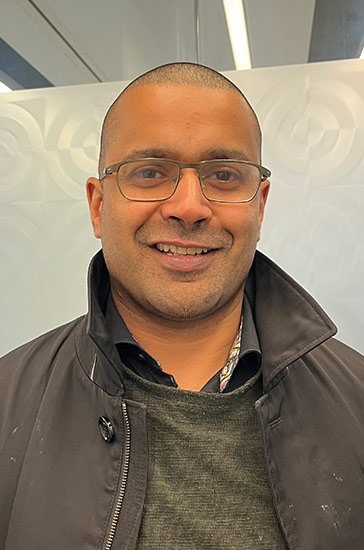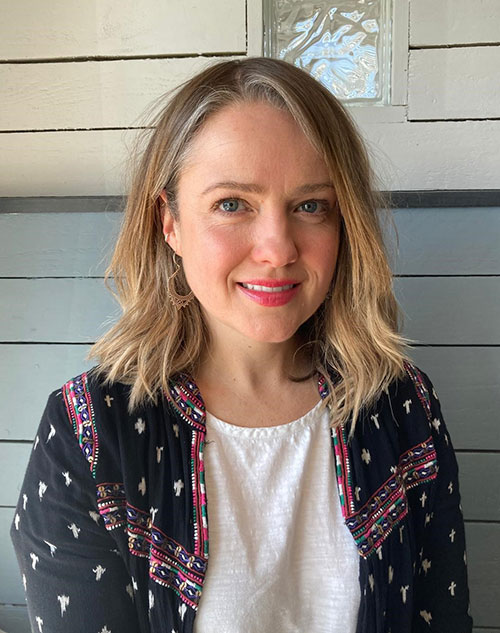

10 Minute Consultation: Dr Waqar Ahmed
An innovative scheme to provide support and training to GPs in north Wales aspiring to become partners, has proven so successful spots for next year are already filling up.
Pathways to Partnership – a joint initiative between Betsi Cadwaladr University Health Board and the RCGP – has received “overwhelmingly positive” feedback from the new or prospective partners taking part.

The project, also supported by the Local Medical Committee was borne out of a survey of local GP trainees which showed a high number wanted to become a partner – a finding which appeared to buck national trends.
“It was something we hadn’t really considered,” explains Robyn Watson, Development Manager at the Health Board’s Primary Care Academy. It suggested there was a missing training need that might help strengthen the future of general practice in the area, she adds.
Around 12 GPs have been taking part in the sessions so far which launched in December, suggesting that in north Wales the desire to become a partner and build connections to the area is strong.
“This is a good news story for partnership,” says Dr Meleri Evans, a GP partner at Gerafon Surgery in Benllech who has helped develop the model. “We were surprised at the amount of interest in partnership still but there was a bit of a mismatch with GPs saying they didn’t know where to get the information to help them make that decision and to support and develop them if they did choose to do it.”
She adds that there may be something unique about north Wales and the willingness of GPs – especially young GPs – desire to take on a partnership.
Dr Evans, who is also GP Programme lead for Recruitment and Retention at the health board speaks from experience as she had moved back to the area after training in Bristol. Her friends working as GPs in London were all stunned when she told them she was already a partner.
“My feeling is in north Wales we have never really moved away from partnership in the same way that other places might have. It was really important to us to recognise the needs of our GPs locally.”
When they dug a little deeper about why partnership may still be a popular proposition among their younger salaried GPs, there was a sense that people were attracted by a traditional style of general practice, valuing continuity of care and being invested in the community, Dr Evans explains.
The region does face similar recruitment and retention challenges to other areas of UK and England. A raft of older partners have retired, leaving practices without that experienced hand to guide younger members of the GP team through an informal apprenticeship that enables knowledge to be passed on. “That is another reason we needed the scheme,” adds Ms Watson. “In some practices there isn’t that very senior partner to teach them the ropes.”
The team have jointly developed the structured sessions, which are also open to non-GPs, to cover topics such as contracting, finances – including personal finance – human resources, with a focus on fostering a positive workplace environment, and management.
It would not be possible to teach new partners everything they need to know in the sessions that are run over a five-month period. But they have been specifically designed to build in the networking and contacts that enable new partners to seek help for issues in the future, they explain.
“We have had lots of different speakers from services in the health board along with external support – and even just knowing who to go to in certain situations for support has been a very valuable thing,” Ms Watson added.
It was one reason they did not just want to buy in a training package, adds Dr Evans. The project was fully supported by the health board including Dr Jim McGuigan, Deputy Executive Medical Director. “We wanted to offer that local knowledge and expertise.”
There are plans to continue its offering, potentially on an annual or more frequent basis depending on need. It is also possible that the programme could be adapted, through the network of health board academies, for other regions, tailoring content to local nuances while maintaining the core objective of empowering future GP partners, she noted.
Every single one of the delegates so far has said they would recommend to a colleague. “The programme essentially looks like what I wished I’d known before I became a partner,” Dr Evans says.
“I think the sessions on practice culture are particularly important and what a privilege it is as a partner to be instrumental in driving that culture forward. That’s the reason I’m a partner. It’s the autonomy and the potential for forming a place that’s great to work in while you’re proving exceptional patient care.”
Thank you for your feedback. Your response will help improve this page.